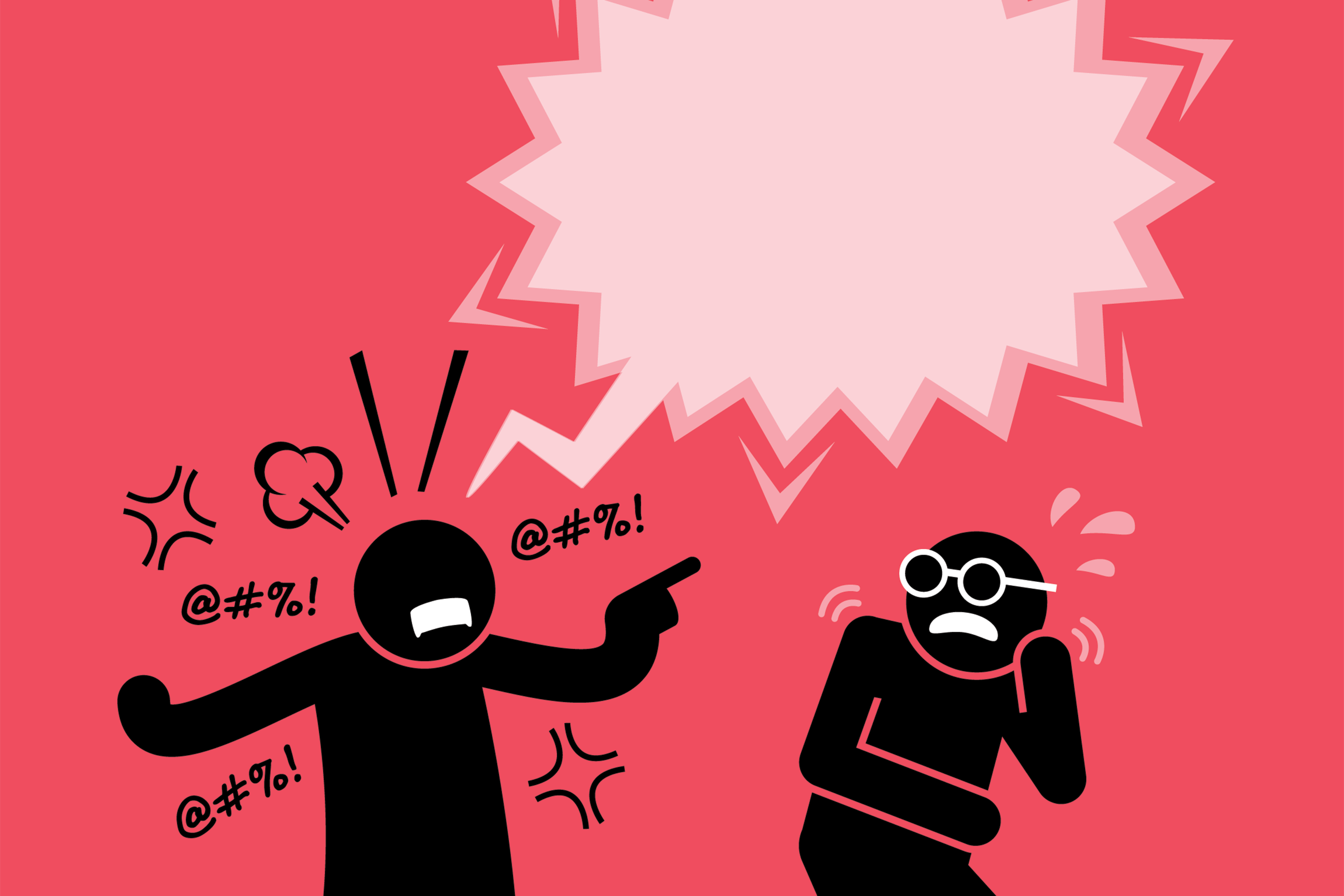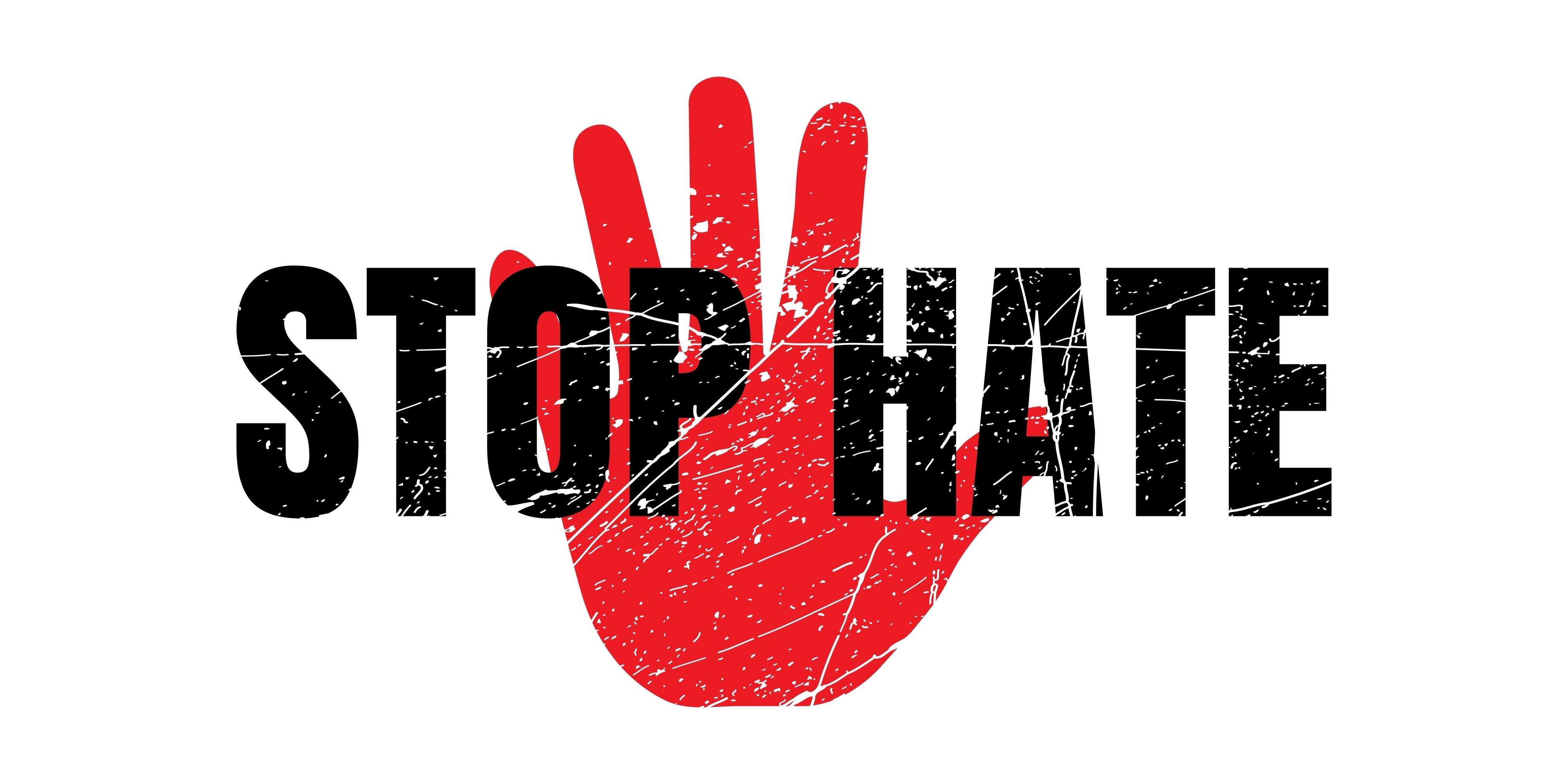There's a curious buzz around certain projects, and the phrase "I hate models concourse project" seems to capture a particularly potent feeling for some folks. It’s not just a passing thought; for many, it carries a weight, a real sense of deep disapproval or even a kind of emotional push-back. This isn't about mild annoyance, you know, it's almost about a powerful aversion, a genuinely strong reaction to something that, in a way, touches a nerve.
When someone expresses such a strong sentiment, it suggests more than simple disagreement. It points to an intense emotional response, something that really sticks with them. This kind of feeling, that, is often tied to a profound sense of opposition or even a kind of revulsion toward specific aspects of a situation. It’s the sort of strong dislike you save for things that genuinely bother you, things that bring about a passionately negative feeling inside.
So, what makes a project, even one as specific as the "i hate models concourse project," spark such a fervent reaction? It’s a question worth looking into, as these strong feelings usually come from a place of real experience, perhaps a series of encounters that have left a lasting, unpleasant impression. We're going to explore what might be behind these potent declarations, and how such powerful sentiments come to be associated with a particular endeavor, because, honestly, it's pretty interesting to consider.
- Fraser Suites Seef Bahrain
- Spirit Technique
- Blue Island Beer Company Events
- Ronnie Coleman Olympias
- Lila Hospital Gown
Table of Contents
- What's the Deal with the "I Hate Models Concourse Project" Sentiment?
- Why Such Strong Feelings for the "I Hate Models Concourse Project"?
- Is the "I Hate Models Concourse Project" a Common Feeling?
- Exploring the Roots of Dislike in the "I Hate Models Concourse Project"
- How Does One Come to Feel This Way About the "I Hate Models Concourse Project"?
- The Impact of the "I Hate Models Concourse Project" on Perceptions
- Can Attitudes Change Towards the "I Hate Models Concourse Project"?
- Moving Beyond the "I Hate Models Concourse Project" Stance
What's the Deal with the "I Hate Models Concourse Project" Sentiment?
When people say they "hate" something, especially something like the "i hate models concourse project," it's usually not a casual statement. It means they feel a really strong aversion, a kind of intense dislike that goes beyond just not caring for it. This kind of declaration often comes with a sense of being against it, a feeling of deep opposition. It’s like, you know, they've experienced something that has made them truly dislike it, perhaps even passionately. This isn't a light word to use, and when it's applied to a project, it points to some significant friction or frustration that someone has encountered.
This strong feeling, you know, might stem from a variety of experiences. Perhaps the project created situations that were just really unpleasant to deal with, or maybe it brought about ideas that were hard to accept. It's the kind of intense negative emotional response that makes you want to avoid something altogether, or even, in a way, makes you wish it would just go away. The use of such a powerful word suggests that the "i hate models concourse project" has, for some, become associated with a genuine sense of injury or perhaps even a feeling of being let down. It's pretty clear that this isn't just a minor complaint.
Often, these strong reactions come from a place where someone feels a sense of being wronged, or perhaps that something about the "i hate models concourse project" is just fundamentally out of alignment with what they believe is good or right. It's a deep-seated feeling, not just a surface-level annoyance. To really understand it, we need to look at what might cause such a powerful emotional push-back, because, frankly, people usually don't express such strong sentiments without a reason. It's like, a signal that something significant has happened to shape their outlook.
- Heartland Family Dental
- Drew Carey Instagram
- Wienerschnitzel Wiener Wednesday
- Elmhurst Animal Care
- Nstmf
Why Such Strong Feelings for the "I Hate Models Concourse Project"?
So, why would anyone develop such a strong, passionate dislike for the "i hate models concourse project"? It often boils down to a series of encounters that have left a lasting, unpleasant mark. Think about it: if you constantly face situations that are tough to witness or deal with, your feelings are bound to intensify. It's not just a matter of inconvenience; it's about a consistent experience that creates a deep aversion. This feeling might come from a sense of things being difficult to work with, or perhaps even a feeling of being trapped in a less-than-ideal situation. It's a bit like a persistent irritation that grows into something much bigger.
The core of this intense dislike, you know, might be rooted in feelings of frustration, maybe even a sense of being let down by what the "i hate models concourse project" represents or how it operates. When something consistently fails to meet expectations, or perhaps even creates more problems than it solves, it can certainly lead to a powerfully negative feeling. This isn't just about minor setbacks; it's about a pattern that suggests something is truly amiss, something that makes you wish for a different approach. It's actually a pretty common human reaction to things that consistently cause trouble.
Furthermore, this deep-seated opposition to the "i hate models concourse project" could arise from a perception that it's just not right, or perhaps even, in a way, fundamentally flawed. When people start to see something as genuinely bad, or as causing harm, their emotional response can become quite intense. It's a strong form of disapproval, almost like a revulsion toward something that feels inherently wrong. This kind of feeling, you know, pushes people to want to change things, or at the very least, to voice their strong objections. It's a powerful signal that something needs attention, honestly.
Is the "I Hate Models Concourse Project" a Common Feeling?
It's interesting to consider if this strong sentiment, "I hate models concourse project," is something many people share, or if it's more of an individual experience. Sometimes, a feeling of intense dislike can be quite personal, born from unique circumstances. But other times, a widely held aversion points to broader issues that many people might be encountering. If a lot of folks are saying they truly detest something, it suggests a shared experience of unpleasantness or difficulty. This kind of collective emotional push-back, you know, can be a sign that there are common points of friction or frustration.
To figure out if this feeling is widespread, we might look for common complaints or repeated patterns of negative feedback related to the "i hate models concourse project." Are people constantly running into the same problems? Are there shared frustrations about how things work, or about the outcomes they experience? If so, it's quite possible that this passionate negative feeling is not just isolated to a few individuals, but rather, is a sentiment that resonates with a larger group. It's almost like a collective sigh of disapproval, you know, a shared sense of wishing things were different.
When a strong aversion becomes a common topic of conversation, it often means that the "i hate models concourse project" has, in some respects, created a consistent source of discomfort or disappointment for many. This isn't to say everyone feels the same way, but if a significant portion of people express such a powerful dislike, it certainly suggests that the project has some aspects that are widely considered to be challenging or less than ideal. It's a bit like a ripple effect, where one person's tough experience is echoed by others, honestly.
Exploring the Roots of Dislike in the "I Hate Models Concourse Project"
When we try to understand where this deep dislike for the "i hate models concourse project" comes from, we often find it's rooted in specific pain points or ongoing difficulties. It's not usually a random feeling; rather, it’s a consequence of encountering situations that are genuinely unpleasant or frustrating. Perhaps there are aspects of the project that lead to consistent setbacks, or maybe it involves processes that are just tough to deal with. This kind of ongoing struggle can certainly build up a strong aversion over time, you know, making people feel a real sense of opposition.
Another source of this intense negative emotional response could be a feeling of being stuck, or perhaps that the "i hate models concourse project" somehow limits options or creates barriers. When something feels like it's causing more trouble than it's worth, or when it leads to a sense of being hindered, it can certainly spark a powerful dislike. It's a bit like constantly hitting a wall, which, naturally, makes you want to turn away. This kind of sustained irritation can easily grow into a full-blown passionate negative feeling, honestly.
Sometimes, too it's almost, the roots of this aversion lie in a perceived lack of fairness or a sense of being unfairly treated by the "i hate models concourse project" or its outcomes. If people feel that the project is not serving their needs, or perhaps even working against them, their feelings of dislike can become quite intense. This can lead to a sense of injury, or even anger, which fuels that strong feeling of wanting to push away from it. It's a deep-seated reaction, you know, that speaks to a fundamental disagreement with how things are playing out.
How Does One Come to Feel This Way About the "I Hate Models Concourse Project"?
Developing such a strong sentiment as "I hate models concourse project" isn't an overnight thing; it typically happens over time, through repeated exposure to situations that are genuinely unpleasant. Think of it like this: if you keep encountering things that are difficult to witness or deal with, your feelings of dislike can certainly deepen. It’s a process where initial frustrations or minor annoyances build up, eventually leading to a powerful aversion. This journey from mild irritation to intense dislike often involves a series of experiences that are just tough to stomach, you know.
The feeling often starts when the "i hate models concourse project" consistently presents challenges that are hard to overcome, or when it creates a sense of being constantly let down. Every time something goes wrong, or every time an expectation isn't met, it adds another layer to that negative emotional response. It's like, a slow accumulation of discomfort that eventually reaches a tipping point, turning into a passionate negative feeling. This is how a project can go from being just "okay" to something that truly evokes a sense of opposition, honestly.
Moreover, this strong feeling might be solidified when individuals perceive that the "i hate models concourse project" is causing significant trouble, or perhaps even, in a way, creating a sense of injury. When people feel that something is actively working against them, or leading to outcomes that are genuinely bad, their desire to push away from it becomes very strong. It’s a deep-seated reaction, fueled by a sense of frustration or even a bit of anger. This kind of experience can really cement a powerful dislike, making it hard to see the project in a different light, you know.
The Impact of the "I Hate Models Concourse Project" on Perceptions
When someone holds such a strong feeling about the "i hate models concourse project," it certainly shapes how they see everything connected to it. This intense dislike can act like a filter, making it difficult to notice any positive aspects or potential benefits. It's like, once you've decided something is truly detestable, every new interaction tends to confirm that initial powerful aversion. This emotional push-back can make people less open to new information or different perspectives, because their mind is already made up, honestly.
This strong negative emotional response can also influence how people talk about the "i hate models concourse project" with others. When you have a passionate negative feeling about something, you're likely to share that sentiment, perhaps even spreading that sense of opposition. This can create a ripple effect, where one person's deep dislike influences the perceptions of others, making it harder for the project to gain acceptance or support. It's a bit like a cloud hanging over the whole thing, you know, coloring every conversation.
Ultimately, the powerful feeling of "I hate models concourse project" can lead to a collective sense of revulsion or a strong desire to see changes made, or perhaps even, in a way, for the project to be completely altered. When a project evokes such intense dislike, it suggests that its current form or approach is causing significant discomfort for those who interact with it. This kind of widespread negative perception can have a real impact on its future, making it very difficult to move forward without addressing the underlying issues that fuel such strong sentiments, naturally.
Can Attitudes Change Towards the "I Hate Models Concourse Project"?
It's a fair question to ask if attitudes can shift when someone feels such a powerful dislike for the "i hate models concourse project." While a passionate negative feeling can be deeply ingrained, it's not always set in stone. People's feelings can change, but it usually requires significant effort and a real change in the circumstances that caused the initial aversion. It's like, you know, building trust again after a significant disappointment; it takes time and consistent positive experiences to overcome a strong sense of opposition.
For attitudes to soften, the "i hate models concourse project" would likely need to address the core issues that led to that intense negative emotional response. This might mean fixing persistent problems, making things easier to deal with, or perhaps even showing a genuine willingness to listen to and act on feedback. If the project continues to create situations that are tough to witness, or if it keeps causing a sense of injury, then it's very difficult for feelings to change. It’s about removing the sources of that deep dislike, honestly.
Sometimes, too it's almost, a change in perspective can also come from seeing the "i hate models concourse project" in a completely new light, perhaps through different experiences or a clearer understanding of its purpose. If people can start to see that the project is no longer causing the same unpleasantness, or if they begin to feel that it's genuinely trying to improve, then that strong aversion might begin to fade. It's a slow process, but not impossible, especially if the underlying reasons for the intense dislike are truly addressed and rectified, you know.
Moving Beyond the "I Hate Models Concourse Project" Stance
Moving past a strong feeling like "I hate models concourse project" involves more than just ignoring the sentiment; it means actively working to understand and alleviate the reasons behind it. For those who hold this powerful dislike, it's about finding ways to resolve the issues that create such a deep aversion. This might involve implementing new approaches, making things more user-friendly, or perhaps even, in a way, completely rethinking certain aspects of the project. It's a journey from intense negative emotional response to something more neutral, or even positive.
For the "i hate models concourse project" itself, moving beyond this strong opposition means taking concrete steps to address the frustrations and disappointments that have led to such passionate negative feelings. This could involve making significant improvements, listening carefully to feedback, and demonstrating a genuine commitment to creating a better experience. It's like, showing people that the source of their unpleasant situations is being actively tackled, you know, which can slowly chip away at that deep dislike.
Ultimately, fostering a more positive relationship with the "i hate models concourse project" requires a shift in how it's perceived and how it functions. It's about turning that feeling of revulsion into something more manageable, or even, perhaps, into a sense of acceptance. This means consistently working to reduce the sense of injury or frustration that people have experienced, and building trust through reliable and helpful interactions. It's a long road, but it's possible to move beyond such a strong, negative stance if the right changes are made, honestly.


